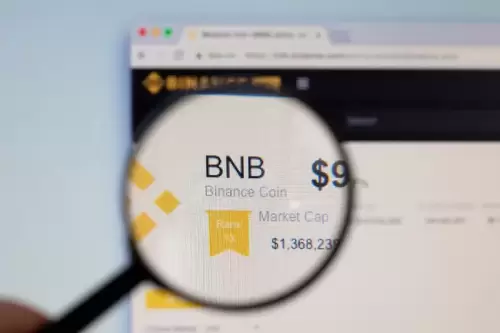Is the U.S. heading towards nationalizing Bitcoin firms to secure a strategic reserve? Experts clash on property rights vs. national security in the digital age.
Bitcoin Reserve, Nationalization, and Strategic Assets: A Hash War on the Horizon?
The idea of the U.S. nationalizing companies to create a strategic Bitcoin reserve is sparking heated debate. Is it a bold move for national security or a dangerous breach of property rights?
The Bitcoin Reserve Push: A Strategic Imperative?
Talk of a U.S. Bitcoin reserve is gaining momentum, with states like Texas already making moves. Supporters argue that securing a large Bitcoin holding is vital for future financial stability, especially as nations like Russia and China potentially accumulate BTC. The question is, how aggressively should the U.S. pursue this?
Nationalization: A Bridge Too Far?
The prospect of nationalizing firms like MicroStrategy and Riot Blockchain to build this reserve is causing concern. Critics, like financial strategist Lyn Alden, warn that such actions could damage the U.S.’s reputation for respecting property rights, deterring both domestic and international investors. Is national security worth the potential economic fallout?
Clashing Views: Alden vs. Keiser and Woo
Alden's concerns are countered by figures like Max Keiser, who argues that a Bitcoin reserve is crucial for national security. He envisions a “Hash War” if global players acquire significant amounts of Bitcoin, potentially forcing the U.S. to act aggressively. Willy Woo has even proposed a roadmap involving revaluing gold reserves and nationalizing major firms during bear markets.
The Trump Executive Order: A Turning Point?
Since President Trump's executive order on March 6, 2025, to establish a Bitcoin reserve, the idea has gained traction globally. While many U.S. representatives support this approach, investors are expressing concerns about the potential risks. Is this the start of a new era of digital asset control?
Strategic Bitcoin Reserve: A Global Trend?
The U.S. Strategic Bitcoin Reserve, primarily involves holding forfeited Bitcoin as a long-term reserve without selling it. This approach differs from other countries' strategies, such as El Salvador adopting Bitcoin as legal tender or Bhutan accumulating reserves through state-owned mining. Many countries are exploring similar reserves, while others remain hesitant or focus on Central Bank Digital Currencies (CBDCs).
Final Thoughts: Navigating the Digital Frontier
Whether the U.S. will ultimately nationalize companies to secure a Bitcoin reserve remains to be seen. The debate highlights the shifting views on cryptocurrency's role in global finance and national defense. One thing's for sure: the world of digital assets is full of surprises, and the U.S. is trying to stay ahead of the curve. Buckle up, folks – it's gonna be a wild ride!
Disclaimer:info@kdj.com
The information provided is not trading advice. kdj.com does not assume any responsibility for any investments made based on the information provided in this article. Cryptocurrencies are highly volatile and it is highly recommended that you invest with caution after thorough research!
If you believe that the content used on this website infringes your copyright, please contact us immediately (info@kdj.com) and we will delete it promptly.











































































